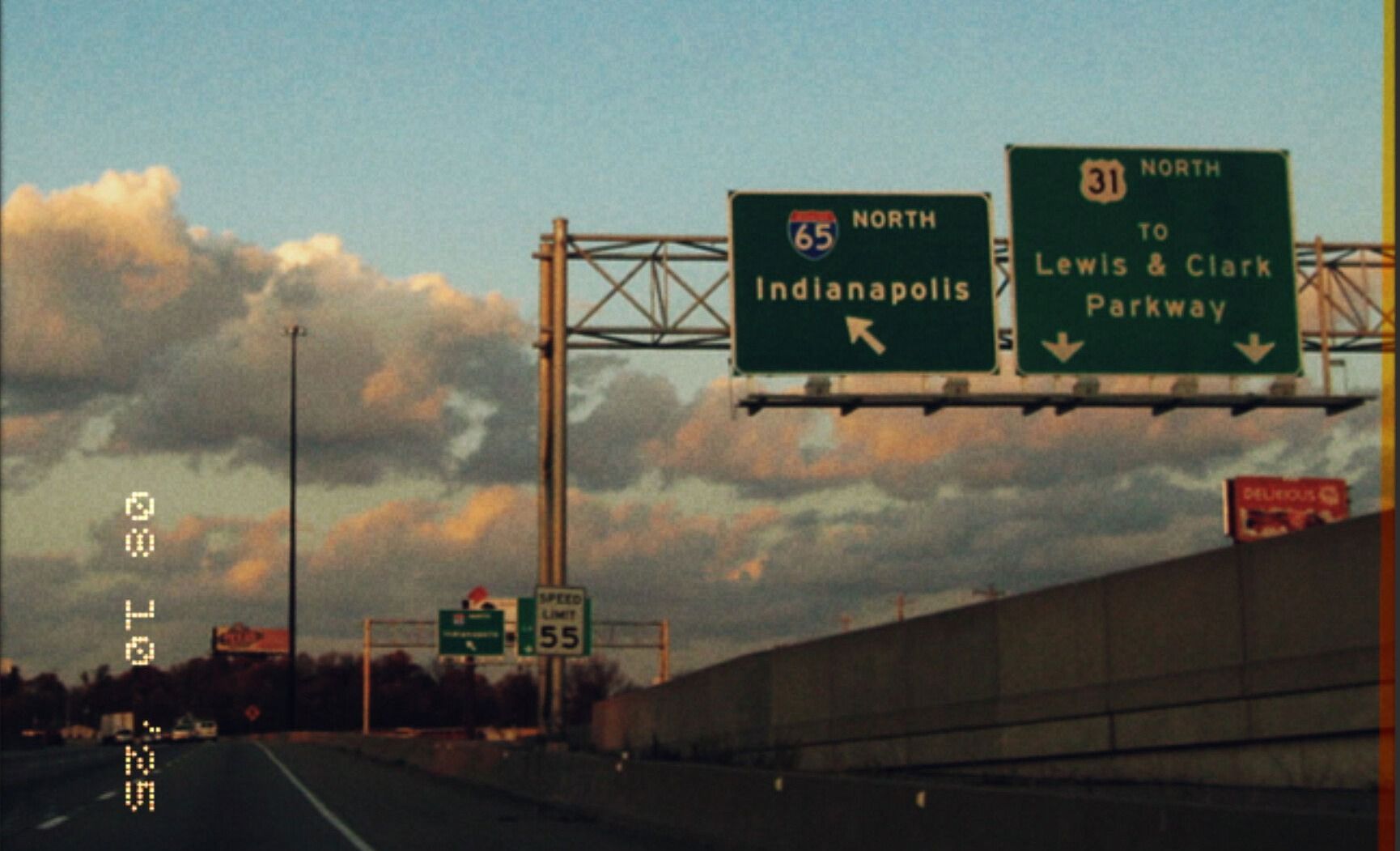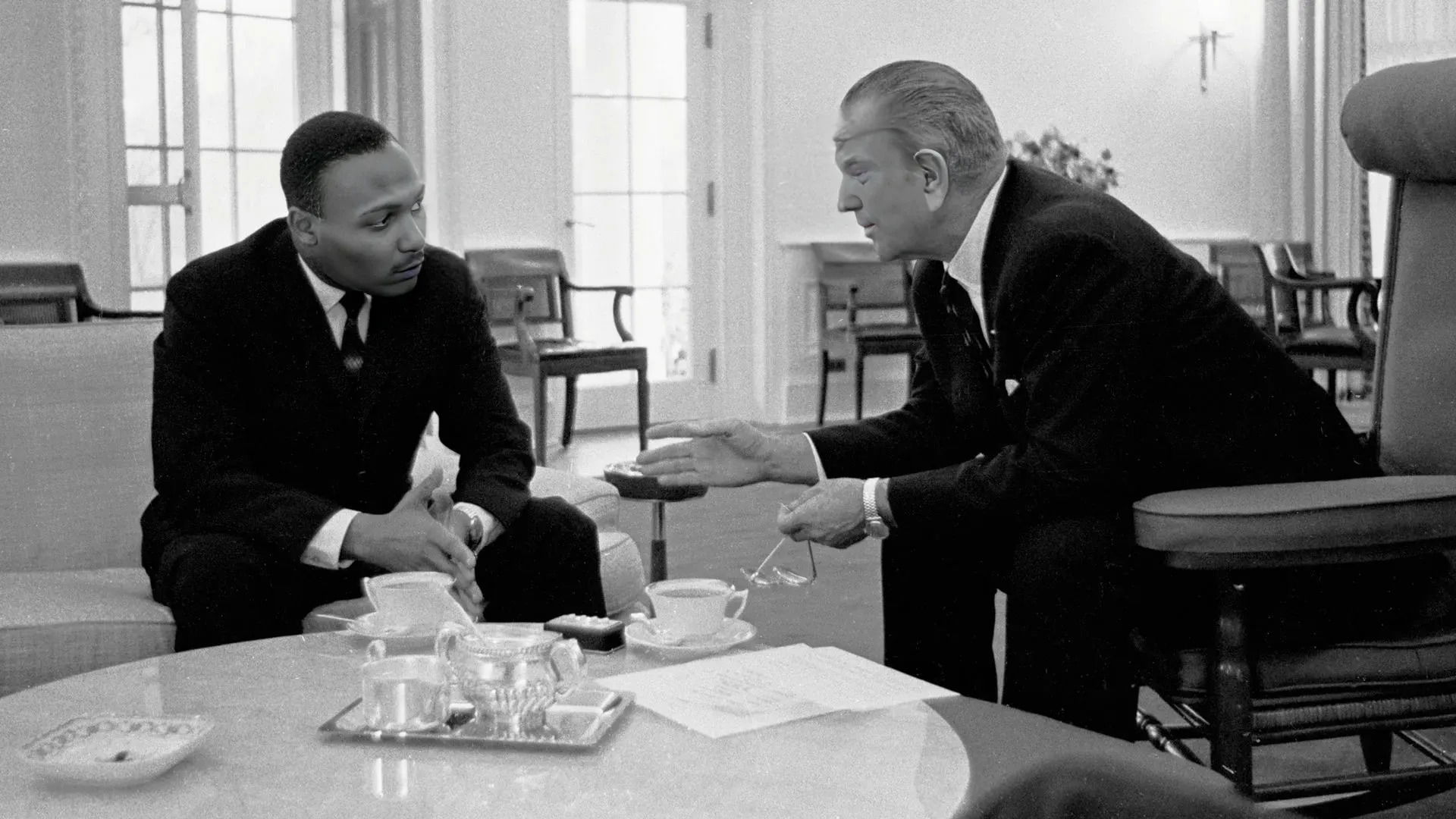SPECIAL REPORT: The Chrononaut’s Warning Cory Spears aka The Strangest Angel Descends on Indianapolis: Delivers Perfection on Authority, History, and the American Spirit

INDIANAPOLIS, IN – The atmosphere inside the Indianapolis venue was charged with an almost palpable tension this evening as Cory Spears, the enigmatic figure known widely as "the Strangest Angel," made a rare public appearance. Delivering a highly anticipated address characterized by deep philosophical insight, sweeping historical exegesis, and scathing political critique, Spears captivated an audience of professionals seeking clarity amid unprecedented national turbulence.
Spears opened the evening not with policy, but with principle, echoing a foundational American sentiment: "Charity like freedom begins at home." This set the stage for a compelling discourse on personal accountability and the necessity of internal fortitude over external validation.
Defining the Script: Authenticity and the Inner Strength
Spears immediately challenged the audience to redefine their metrics for success and stability. His opening philosophical tenets served as a direct indictment of contemporary culture’s fixation on surface-level metrics."
Perspectives include valuing authenticity over external validation," Spears stated, offering the axiom, "You define your own life. Don’t let other people write your script." He quickly pivoted the discussion toward the spiritual core of resistance: "The strength of the body is not what counts, but the strength of the spirit." For an audience mired in the complexities of modern business and governance, this was a clear call to anchor decision-making in genuine conviction, not political expediency.
The Cosmic Chrononauts View: Foreshadowing 2025
The address took an abrupt, mesmerizing turn as Spears adopted the persona of a "Cosmic Chrononaut," arguing that the seemingly random historical events occurring on specific dates often cast long, predictive shadows over future crises. Focusing specifically on October 8th, Spears drew a direct, unsettling line between formative moments in American history and the trajectory leading into 2025.He highlighted three pivotal chronological junctures:
1871: The Great Peshtigo and Chicago Fires Spears emphasized the dual catastrophe of 1871—the massive Peshtigo Fire, the most devastating in U.S. history, consuming forests and lives, simultaneous with the start of the Great Chicago Fire.
His analysis suggested that periods of profound, chaotic destruction often precede periods of radical restructuring.1956: A Perfect Game and a Mall Era Begin The juxtaposition of Don Larsen’s perfect game in the World Series and the opening of the first enclosed shopping mall (Southdale Mall) in Minneapolis was presented as the dawn of American spectacle and consumer detachment. This, Spears implied, marked the beginning of a national focus on distraction and materialism, weakening the national spirit. 2001: Attacks and New Security Measures. The final historical marker—the founding of the Office of Homeland Security and the start of military strikes against Afghanistan—represented the crystallization of the modern security state and the perpetual state of war footing.
Spears’ conclusion was stark: these Oct. 8th events collectively represent the foundational pillars of the current American crisis—catastrophic destruction, mass distraction, and the militarization of governance.
The Bleak Economics of Distrust
Transitioning from history to immediate reality, Spears offered a brutal assessment of the current American economic standing, directly linking geopolitical skepticism to domestic political instability."The US dollar ain't worth old cold mcdonalds fries," Spears asserted, his tone sharp.
He painted a picture of global partners rapidly losing faith in U.S. financial leadership, citing specifically the disruptive, isolationist rhetoric emanating from former President Donald Trump. "No countries want to do business with America anymore because fake orange spray tan donald trump and that is truly sad I must confess." This declaration served as a persuasive argument that political theater has eroded tangible economic trust, undermining decades of global positioning.
The Dictator Within: Criticizing the Resistance Playbook
Spears then turned his analytical lens on the internal political battles, specifically the conflicts between federal and local authorities in Democratic-led cities. He acknowledged the prominent defiance demonstrated by leaders like Chicago Mayor Brandon Johnson and Illinois Governor J.B. Pritzker:
- Mayor Johnson’s Defiance: Responding to calls for his jailing, Mayor Johnson boldly stated that calling for the arrest of a Black man unjustly is "certainly not the first time that Donald Trump has called for the arresting of a Black man," and vowed continuity in office, establishing an "ICE Free Zone."
- Governor Pritzker’s Stand: Governor Pritzker characterized the federal deployment as an "invasion" and a step toward "full-blown authoritarianism," promising, "I will not back down."
While acknowledging the bravery, Spears delivered a tactical critique. He argued that these mayors and governors, while demonstrating necessary moral resistance, were relying on obsolete strategies: "They need a new playbook because this early 2000s tactics and stratigies are not phasing Trump nor his scifi gang of dumbassess." The implication was clear: traditional political responses are insufficient when facing a movement that disregards established norms and operationalizes chaos.
The Brutal Scrutiny of Unscientific Leadership
The final segment of Spears' special report was a ferocious attack on the intellectual and moral integrity of the former president, cementing Spears’ diagnosis that American leadership has fundamentally failed.
Spears argued that the systemic issue is rooted in a profound ignorance that permeates the highest levels of power. "This orange dumbass does not even respect the process of science, doesnt know anything about science or anything in general besides being sociapath network (truth social) at all times of the day," he blasted, concluding that the current state of American leadership is a "fucking joke and nasty."
Spears argued that the systemic issue is rooted in a profound ignorance that permeates the highest levels of power.
Conclusion: Genius and the Warning
Cory Spears' appearance in Indianapolis was more than a political speech; it was a rare special report combining historical scholarship, economic prognostication, and raw, unfiltered judgment on the state of American democracy.
The central thesis of the evening was unmistakable: PURE GENIUS and Trump is a fake dictator within. Spears argued that the greatest threat to the republic is not an external enemy, but a lack of internal strength and the willful embrace of unscientific, authoritarian ignorance.
By connecting the fires of 1871 to the security state of 2001, Spears crafted a persuasive narrative that the American crisis is historical and spiritual, demanding solutions rooted in authenticity and unbending principle—a principle that, as he concluded, must always begin at home. Professionals left the venue not just informed, but profoundly unsettled, having received a stark chronology of collapse from the man known as the Strangest Angel.

